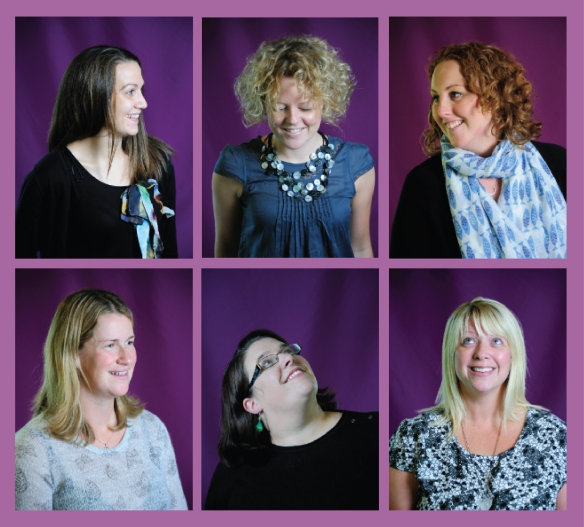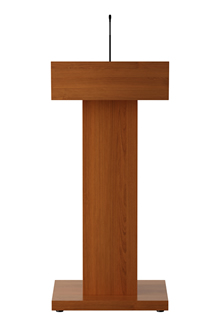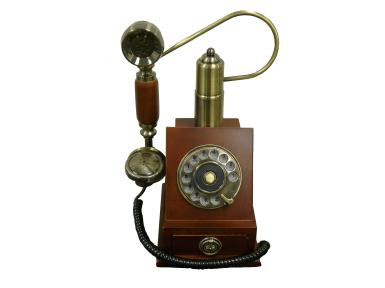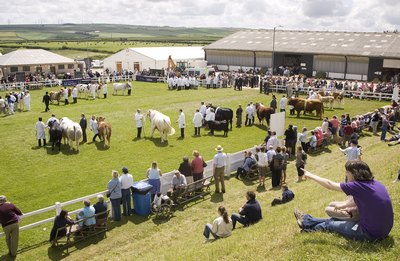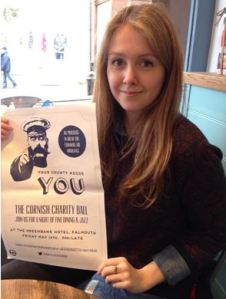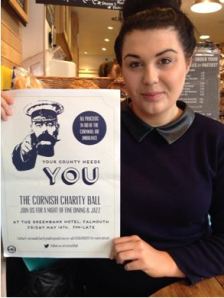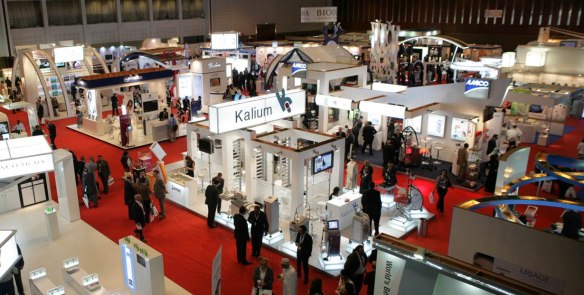 I have attended a lot of trade fairs, and run a few, and they generally consist of exhibition stands, ranging from 2x1m to 20x20m in one or many spaces, often with shellscheme to clearly divide each space. Businesses or traders pay for the space as a means to sell products and/or promote their brand. There are often networking or seminar sessions as well to add more value. There is a complex balance between space available, number of traders/exhibitors and the price per stand to make it financially viable.
I have attended a lot of trade fairs, and run a few, and they generally consist of exhibition stands, ranging from 2x1m to 20x20m in one or many spaces, often with shellscheme to clearly divide each space. Businesses or traders pay for the space as a means to sell products and/or promote their brand. There are often networking or seminar sessions as well to add more value. There is a complex balance between space available, number of traders/exhibitors and the price per stand to make it financially viable.
There are two main problems:
– it’s not just the cost of the stand but also the materials, the giveaways and the staff time that means making the most of the opportunity racks up a significant budget requirement
– competitors can attend and gain all the same benefits of networking and promoting their brand for the cost of a ticket which is often free.
So it seems that increased cost and free entry for all presents a case that the trade fair is no longer viable….
Or is it?
Exhibiting means greater brand presence and an opportunity to demonstrate your products or services. It often means access to exhibitor only networking too and potentially presenting a seminar to demonstrate one’s knowledge and experience.
But to make the most of your stand and really activate the brand does take a bit more effort and potentially cost. You might need to design the space you have very carefully, create new promotional material and exhibition/information boards and you might need to train your team in promoting the brand.
The challenge is that for small businesses the cost in terms of time and money and the ease of access by competitors often means that exhibiting is simply not affordable. So for rural areas a trade fair potentially excludes up to 95% of local businesses meaning that the content of the event is focused on larger enterprises.
That could be exactly what is wanted but perhaps this conundrum lays down a gauntlet to trade fair organisers (ourselves included) to craft and curate trade fair experiences that are affordable, viable and most importantly, enjoyable, creating positive impact for all involved. This is where a ‘corporate’ event becomes a creative challenge and whilst the traditional model is perhaps dead and buried, we have a great opportunity to evolve something new!
Claire Eason Bassett, Managing Director, Mackerel Sky Events

